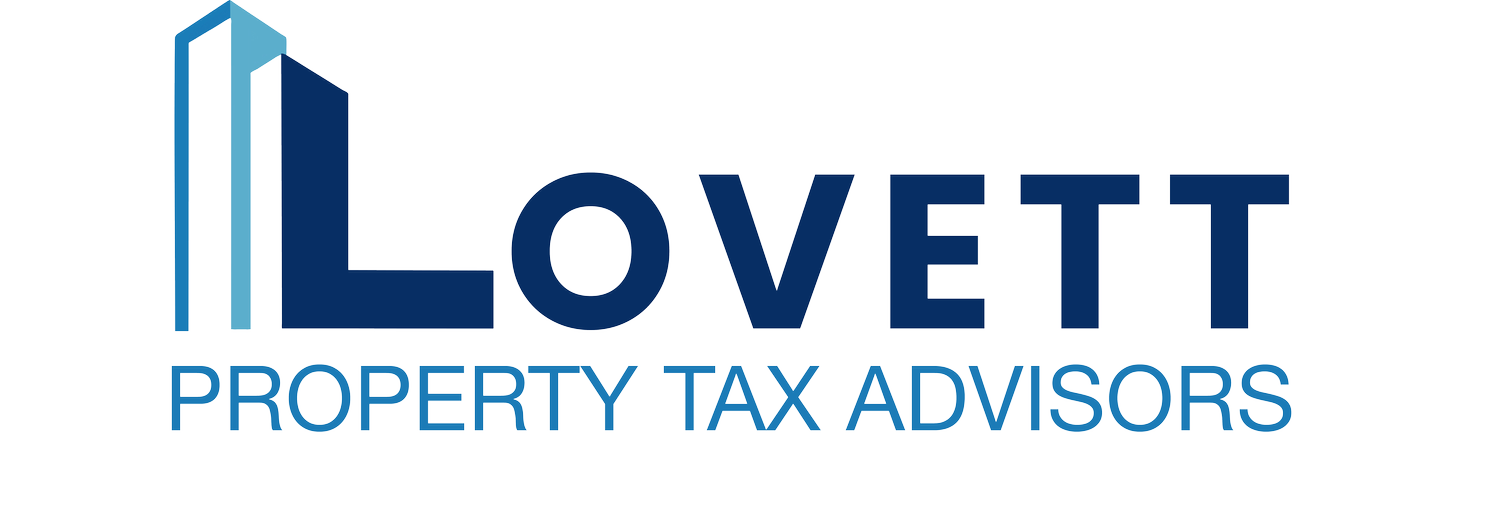A Comprehensive Guide to Navigating South Carolina’s Property Tax Appeal/Protest Process
Introduction: Navigating the South Carolina appeal and protest process for property tax assessment can be a complex endeavor. However, understanding the steps involved and following them diligently can potentially yield favorable results. In this article, we will walk you through the essential steps of the appeal/protest process, ensuring you have the necessary information to maximize your chances of success. From meeting with the County Assessor to potential appeals in higher courts, we've got you covered.
Step 1: Request a Meeting with the County Assessor To initiate the appeal/protest process, submit a written request to meet with the County Assessor. You can do this at any time between January 1st of the current year and January 15th of the following year, or within ninety (90) days of receiving an assessment notice. It's important to note that you cannot exercise both options within the same tax year.
Step 2: Authorized Representatives and Filing Requirements Authorized representatives, including South Carolina Licensed Attorneys (like Lovett Property Tax Consultants…hint hint), Certified Public Accountants, Corporate Officers, Appraisers, Full-Time Employees of the Property Owner, Enrolled IRS Agents, Partners, and Fiduciaries, can represent property owners in the administrative property tax process. If someone other than the property owner files an appeal/protest, they must provide proof of eligibility and written consent from the owner to the Assessor. Failure to provide this information will result in the denial of the appeal. Relevant forms such as Power of Attorney and Declaration of Representative can be found on the Department of Revenue's website.
Step 3: Assessor's Decision on Informal Appeal Upon examining the property taxpayer's written objection, if the County Assessor agrees with the taxpayer, the change will be made. As per the South Carolina Code of Laws Section 12-60-2520(B), the re-determined assessment from the informal appeal becomes final, and the appeal is closed.
If the County Assessor does not agree with the taxpayer, a conference will be scheduled to further discuss the matter.
Step 4: Conference with the Property Taxpayer If the matter is not resolved during the conference, the property owner will be informed of their right to file a written protest. This must be done within thirty (30) days from the date of the conference, or the written Notice of Action received from the Assessor. The protest must include relevant information such as the property taxpayer's name, address, telephone number, a description of the property in question, supporting facts, reasons for the appeal, and the taxpayer's desired fair market value, special use value (if applicable), and proper classification.
Step 5: Assessor's Written Response The Assessor will respond in writing to the taxpayer within thirty (30) days of receiving the protest or as soon as practically possible. The written response will include the initial assessment and the re-determined property tax assessment.
Step 6: Filing an Appeal with the County Board of Assessment Appeals If the taxpayer is dissatisfied with the Assessor's reply, they may appeal to the Spartanburg County Board of Assessment Appeals within thirty (30) days after receiving the Assessor's response. The Assessor may grant an extension if the request is made within thirty (30) days of the Assessor's response. Failure to appeal within the given time frame results in the finality of the re-determined value.
Step 7: Conference with the Board of Assessment Appeals A conference on the appeal will be scheduled by the Board within thirty (30) days of receiving the notice of appeal or as soon as practically possible. Notice of the conference, including the place, date, and time, will be provided to the Assessor and taxpayer at least thirty (30) days in advance. It is mandatory for all evidence related to the property taxpayer's case to be presented at the conference. If either the property taxpayer or the Assessor fails to appear without a valid reason, the Board may enter a default decision. However, a continuance may be granted upon good cause shown by either party.
Step 8: Preparing for the Conference Fifteen (15) days before the conference, both the Assessor and property taxpayer must file copies of relevant documents, including appraisals, property sales, and a brief description of other evidence to be presented. Parties must exchange these documents before the hearing.
Step 9: Responses and Public Conferences Seven (7) days before the conference, both parties may file responses to the information filed by the other party. These responses must be mailed or delivered to the other party before the conference. It's important to note that conferences are open to the public.
Step 10: Board's Decision and Further Appeals At the conference, both the Assessor and taxpayer will present their cases and provide evidence to the Board. Within fifteen (15) days after the conference, the Board will mail a written decision to the parties involved. If either the property taxpayer or County Assessor is dissatisfied with the Board's decision, they have thirty (30) days to appeal to the Administrative Law Court. Additionally, the decision of the Administrative Law Court can be appealed by either party to the Circuit Court, Appellate Court, or the South Carolina Supreme Court.
Conclusion: Understanding the steps involved in the appeal/protest process for property tax assessment is crucial for property owners seeking fair and accurate assessments. By adhering to the outlined procedures and providing compelling evidence, property owners can increase their chances of achieving a favorable outcome. Remember, persistence and knowledge of the process are key when navigating the complex world of property tax assessment appeals.


